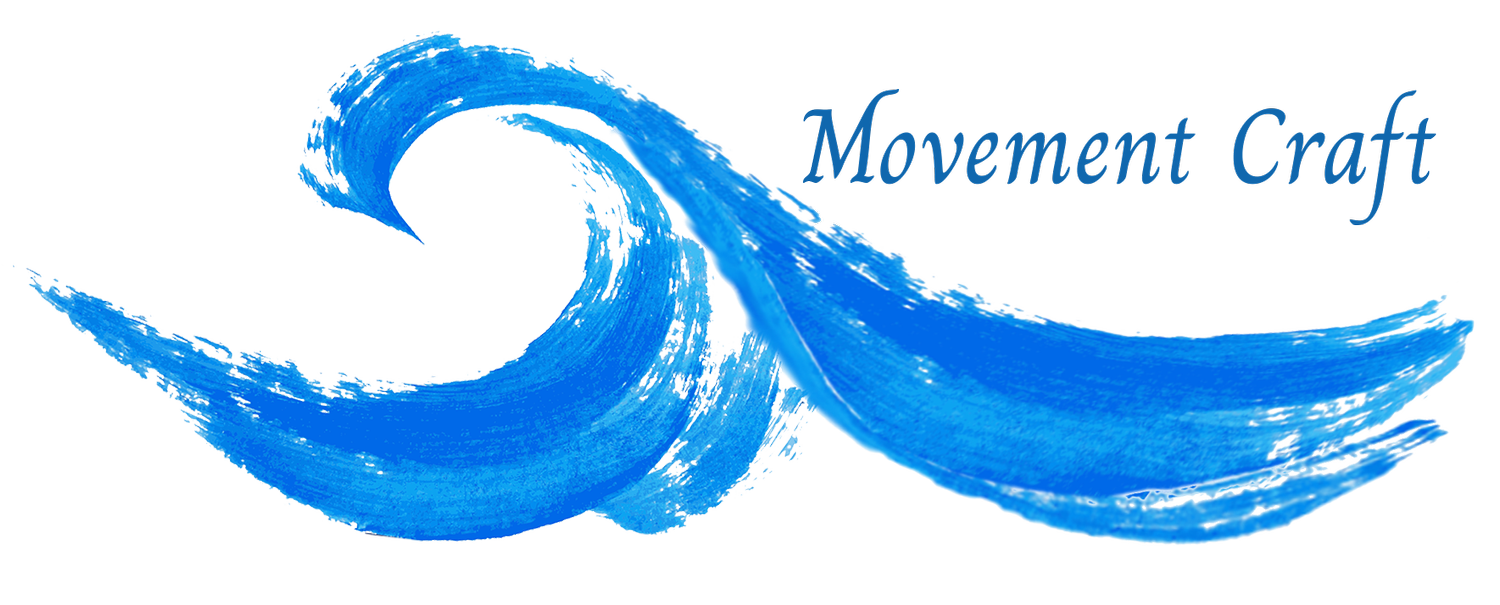The Connection Between Hormones, Sleep, and Longevity: A Chat with Kristin
If you're a woman approaching or already in your 40s, you're likely facing a range of new health challenges—some you might not have anticipated. I recently had an enlightening conversation with Kristin Mallon, a leading expert in women's hormonal health and longevity, and I have to share these incredible insights with you.
Hormones and Your Mental Health
In your 40s, you're not just dealing with aging; you're also navigating significant hormonal changes due to perimenopause. These fluctuations often lead to symptoms like anxiety, depression, and even new signs of OCD. It turns out that these symptoms aren't just "all in your head"; they're closely related to your hormonal health. Kristin emphasized that tracking hormone progression and even considering hormone support during this life phase could be a game-changer for your mental well-being.
The Power of Deep Sleep
The role of sleep, especially deep sleep, in women's health is often underestimated. According to Kristin, you should aim for at least 90 minutes of deep sleep per night. Before you panic about your own sleep patterns, understand that everyone's starting point is different. But just like with your hormones, tracking is key. Knowing what you're working with helps you focus on improving it. Deep sleep doesn't just affect your mental health; it's also linked to weight loss and even hair growth.
How Much Sleep Do You Really Need?
I asked Kristin about the general recommendations for sleep and learned that individual needs can vary quite a bit. While the average person might need around eight or nine hours of sleep, some rare individuals can function well on as little as four hours due to their unique genetic makeup. But for most of us, achieving optimal deep sleep is crucial for hormonal balance and overall health.
Preparing for Menopause and Beyond
If you're in your 30s, it's not too early to start preparing. Kristin advises getting a baseline hormone test to understand how your hormones naturally fluctuate during your menstrual cycle. This data becomes even more critical as you move into your 40s. Apart from hormone tracking, focusing on building muscle mass through weight training can help combat weight gain and insulin resistance.
Taking Control of Your Health Journey
The health challenges women face in their 40s can feel overwhelming, but they don't have to be. You have more control over your health than you might think, and it starts with knowledge. The medical system is overwhelmed, and often, we're told that everything is "fine" until it's not. But by tracking your hormones, paying attention to your sleep, and maintaining an active lifestyle, you're already taking important steps toward a healthier, happier future.
I can't emphasize enough how valuable this conversation with Kristin was. Longevity for women doesn't just involve avoiding illnesses; it means optimizing your hormonal health, achieving quality sleep, and maintaining a balanced lifestyle as you age. And remember, it's never too late to start. Whether you're in your 30s, 40s, or beyond, these insights can help you navigate the journey more smoothly. Kristin's expertise serves as a holistic guide for women at any stage, and it's something I believe everyone should hear.
